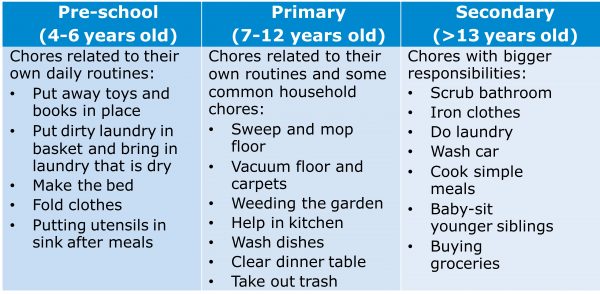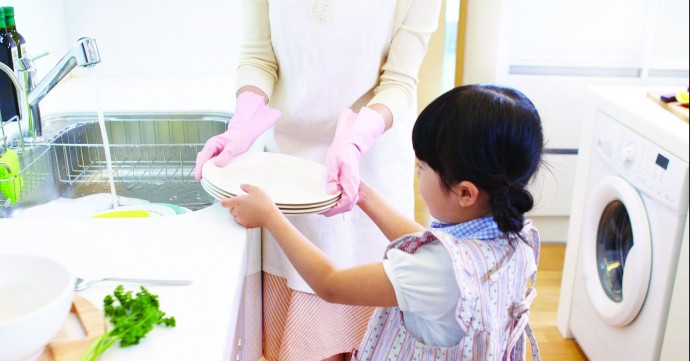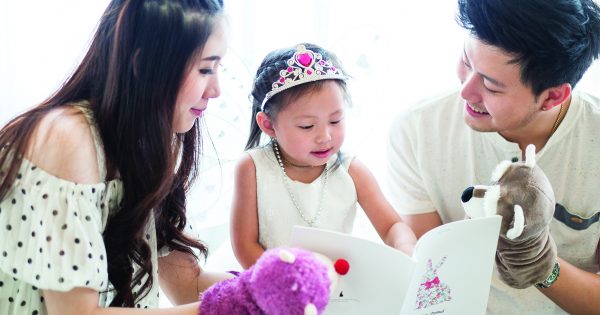As a family grows larger, the amount of housework will increase. Some families may have helpers, but assigning chores to kids teaches them that they have to contribute in maintaining a clean and liveable home. Chores are also important for their development and transition into adulthood when they start living on their own.
Developing character
Apart from equipping them with skills necessary to be independent adults, chores can help shape and develop their character too. By learning to do chores, they learn the significance of cleanliness, time management, as well as respect for property.
Doing chores can also improve social skills. Kids learn to communicate clearly, negotiate, and cooperate with others, especially when chores are done together as a family. When every member contributes, chores are completed sooner, and the whole family can spend more time doing fun activities together. Completing their task will also develop their self-confidence, competence, as well as sense of responsibility.
Getting started
Kids may complain or make a fuss to escape chores duty, especially when they grow older. Start them young with these tips.
- Age-appropriate. Chores assigned have to be age appropriate, taking into account their mental and physical abilities.

- Be specific with instructions. General and vague instruction can lead to misunderstanding and wrong expectations. For example, be clear and detailed when you say “Please clean your room”. They may think it is just making their bed, but you may also mean keeping the clothes, arranging the books, and emptying the wastebasket.
- Make a schedule. Prepare a list of chores to be done on a regular basis (daily or weekly), divide them fairly among the kids, and rotate the chores. Put the schedule where everyone can see it and allow them the satisfaction of ticking off each completed task. Make the schedule fun!
- Do it together. Start by demonstrating how to do the chore. Then, do it together and eventually let them do it on their own. It is also more fun to do big tasks, such as washing the car, cleaning the garden, or folding clean laundry, together with the whole family.
- Praise their efforts. Kids are more encouraged and inclined to help when parents acknowledge and appreciate their efforts. Thank them and give them a hug.
- Take it easy. Avoid being too pushy or strict. Use the ‘when/then’ method instead, i.e. “When you’ve finished folding the clothes, then you can watch TV.” Do not expect perfection or redo the chores for them unless necessary; if you do, they will just leave the chores for you to complete.
Linking chores with allowances?
Most parenting experts do not recommend giving kids allowances for doing chores, especially when they are still young. Chores should be about learning responsibility and life skills. As kids grow older, encourage them to take up extra chores beyond their routine ones by positive reinforcement and occasional treats, but avoid material rewards.







Comments